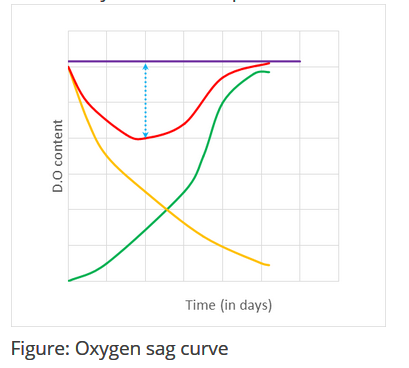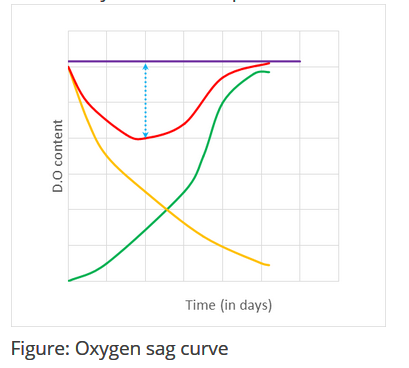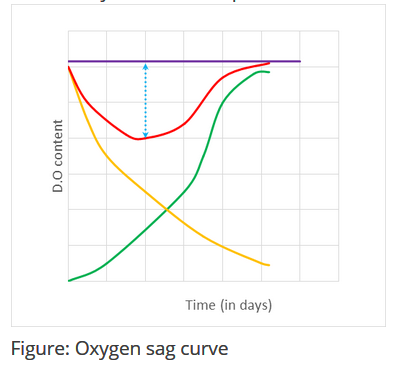Wastewater Characteristics and Treatment MCQs
Welcome to our comprehensive collection of Multiple Choice Questions (MCQs) on Wastewater Characteristics and Treatment, a fundamental topic in the field of Environmental Engineering. Whether you're preparing for competitive exams, honing your problem-solving skills, or simply looking to enhance your abilities in this field, our Wastewater Characteristics and Treatment MCQs are designed to help you grasp the core concepts and excel in solving problems.
In this section, you'll find a wide range of Wastewater Characteristics and Treatment mcq questions that explore various aspects of Wastewater Characteristics and Treatment problems. Each MCQ is crafted to challenge your understanding of Wastewater Characteristics and Treatment principles, enabling you to refine your problem-solving techniques. Whether you're a student aiming to ace Environmental Engineering tests, a job seeker preparing for interviews, or someone simply interested in sharpening their skills, our Wastewater Characteristics and Treatment MCQs are your pathway to success in mastering this essential Environmental Engineering topic.
Note: Each of the following question comes with multiple answer choices. Select the most appropriate option and test your understanding of Wastewater Characteristics and Treatment. You can click on an option to test your knowledge before viewing the solution for a MCQ. Happy learning!
So, are you ready to put your Wastewater Characteristics and Treatment knowledge to the test? Let's get started with our carefully curated MCQs!
Wastewater Characteristics and Treatment MCQs | Page 2 of 13
Discover more Topics under Environmental Engineering


